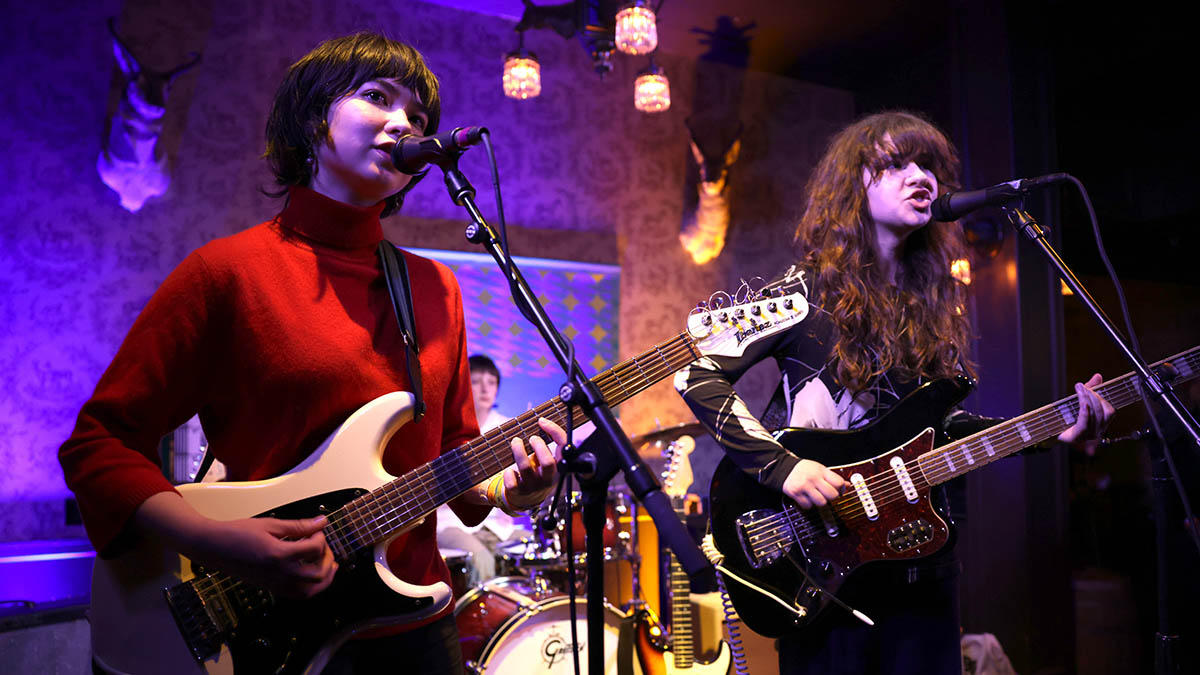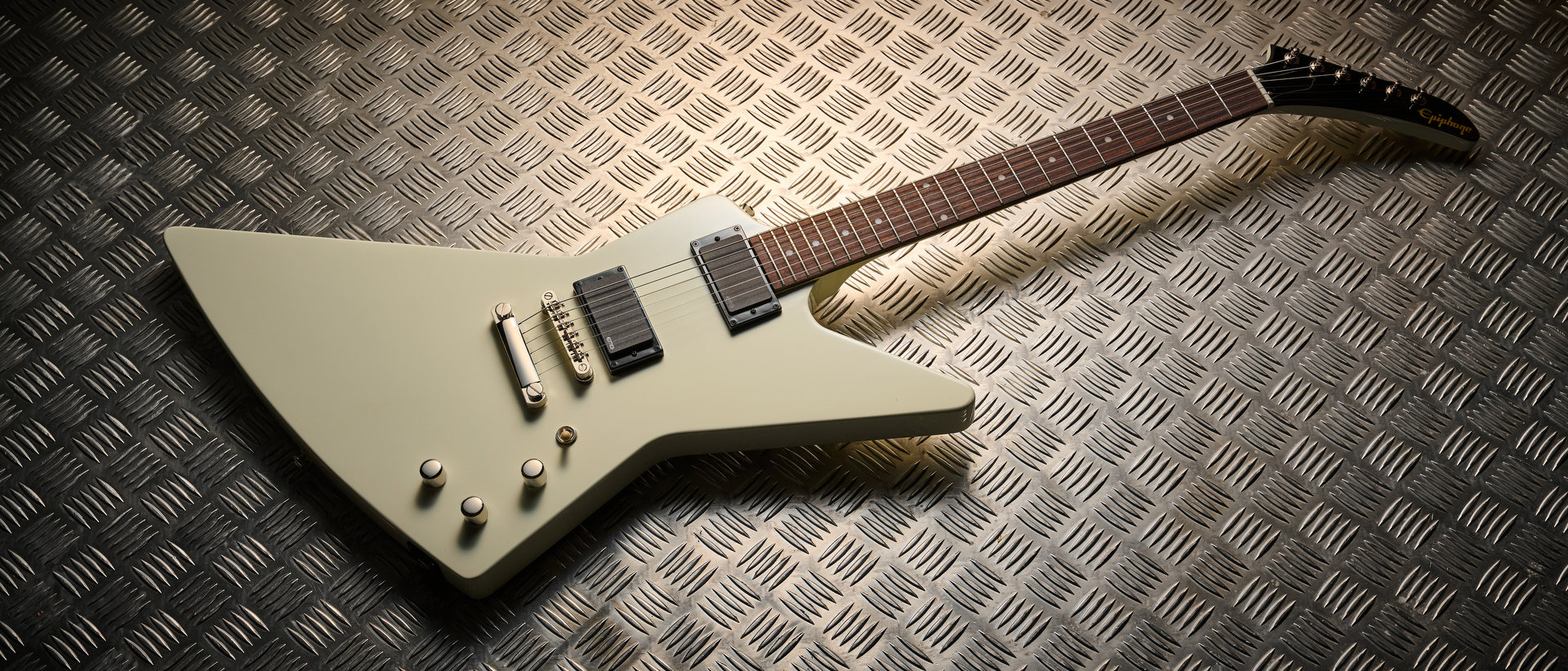Horsegirl: “If you want to be rebellious, there’s still nothing better than picking up a guitar”

Who says young people aren’t forming rock bands anymore? Certainly not Penelope Lowenstein and Nora Cheng, teenaged co-guitarists of the Chicago-based indie rock trio Horsegirl.
“Guitar music was meant for young people,” Lowenstein says. “I’ve played guitar my whole life, and I’ve been playing with Nora for years. We’ve always liked the raw power of guitars.” Adds Cheng, “There’s been a number of young punk bands coming out of Chicago recently. It’s exciting. I think if you want to be rebellious, there’s still nothing better than picking up a guitar.”
The two grew up listening to classic rock. As a kid, Lowenstein spent days trying to learn David Gilmour’s Comfortably Numb solo, while Cheng cites Cheap Trick as her first concert.
In their freshman year of high school, they discovered indie rock and bonded over their love of Yo La Tengo, My Bloody Valentine, Sonic Youth and Television. “We realized it was cool to play in alternate tunings, and we could still be shreddy without playing fast licks,” Cheng says.
Horsegirl (which also includes drummer Gigi Reece) teamed with celebrated indie producer John Agnello to record their sensational debut album, Versions of Modern Performance.
Packed with unruly, dissonant punk-pop gems like Anti-Glory, Birdnoculars and Dirtbag Transformation (Still Dirty), the album is a commanding and thrilling marvel of delirious sound and fury, an accomplishment made even more impressive given the fact that the three band members balanced recording sessions with high school studies.
• GUITARS Fender American Ultra Stratocaster, Fender Jazzmaster, Fender Bass VI (Lowenstein); Ibanez Roadstar II, Fender Jaguar, Fender Bass VI (Cheng)
• AMPS Fender Twin Reverb, Fender Bassman (both)
• EFFECTS EarthQuaker Devices Westwood overdrive, Electro-Harmonix Superego Synth Engine (Lowenstein); Ibanez Tube Screamer, Keeley Electronics Loomer (Cheng)
A key element of Horsegirl’s sound is Lowenstein and Cheng’s use of a Fender Bass VI – depending on the song, the two alternate on the instrument.
All the latest guitar news, interviews, lessons, reviews, deals and more, direct to your inbox!
“We decided we needed a bass, but both of us are guitarists,” Lowenstein says. “One day a friend loaned us a Bass VI, and the second I started playing it, it was like this incredible moment. I realized it really worked well with what we were doing.
“Sonically, it’s huge for us. We can write bass parts, but we play them as guitar parts. It really fills things out, but it allows us to sound a little different, which is what we’re all about.”
- Versions of Modern Performance is out now via Matador.
Joe is a freelance journalist who has, over the past few decades, interviewed hundreds of guitarists for Guitar World, Guitar Player, MusicRadar and Classic Rock. He is also a former editor of Guitar World, contributing writer for Guitar Aficionado and VP of A&R for Island Records. He’s an enthusiastic guitarist, but he’s nowhere near the likes of the people he interviews. Surprisingly, his skills are more suited to the drums. If you need a drummer for your Beatles tribute band, look him up.

